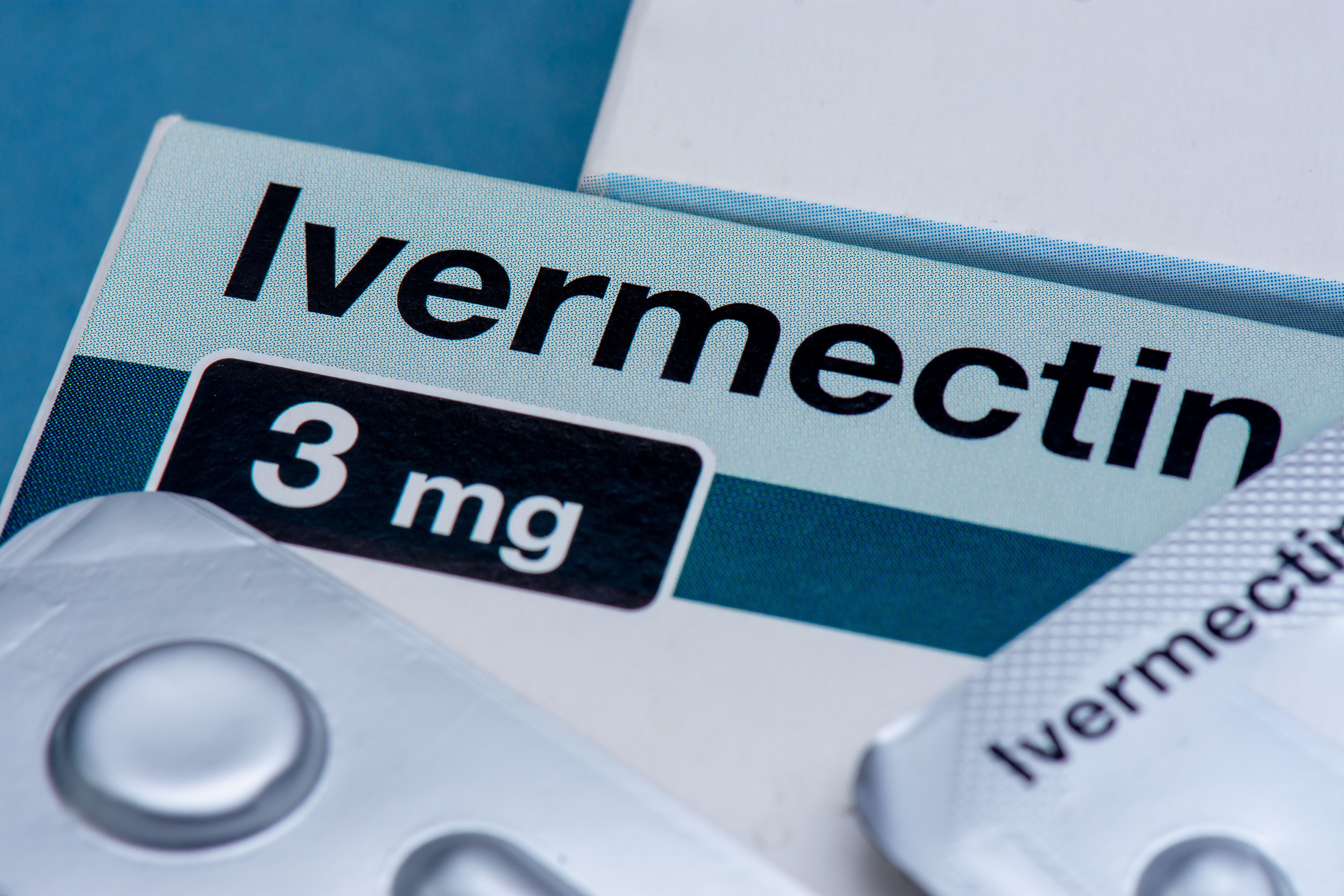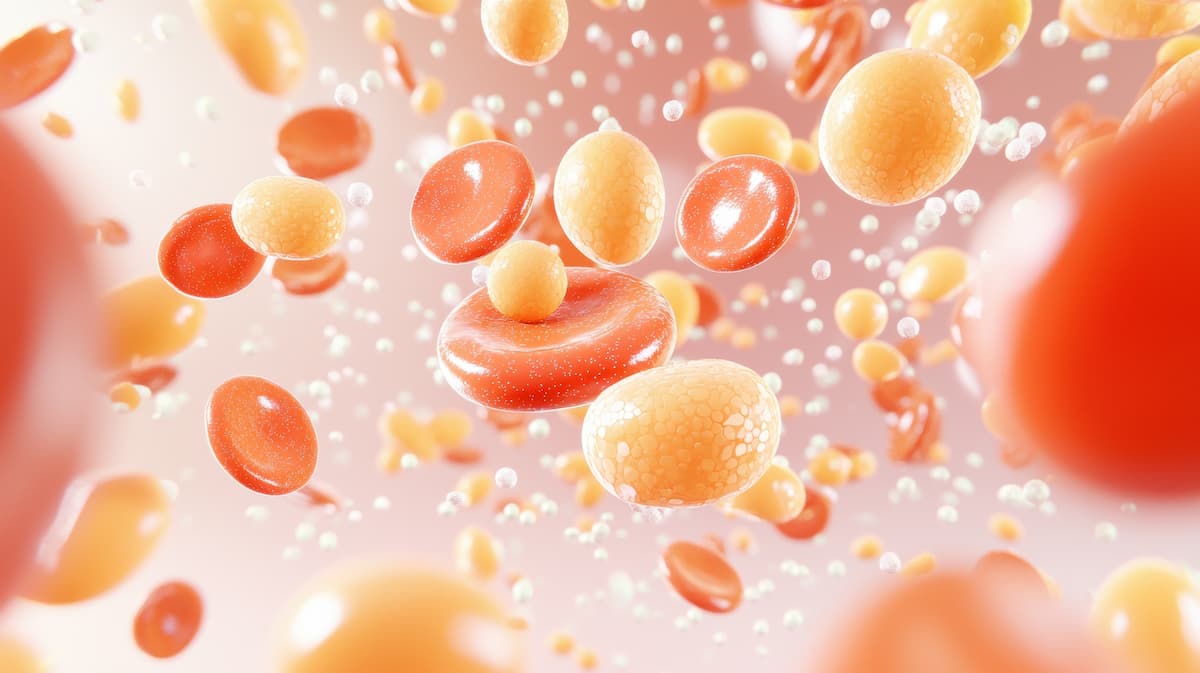Article
Omega-3 Fatty Acids Could Reduce Depression Symptoms Through Anti-Inflammatory Effects
Author(s):
Investigators have identified an important molecular mechanism that could help inform the development of potential new treatments using omega-3 fatty acids for patients with depression, according to a study published in Molecular Psychiatry. The omega-3 polyunsaturated fatty acids (PUFAs) eicosapentaenoic acid (EPA) and docosahexaenoic acid (DHA) were applied first in high doses to lab-grown neurons and then in patients to understand the mechanism by which they reduce inflammation and depression.
Previous research suggests individuals with major depressive disorder have higher levels of inflammation in their bodies compared to those without the disorder, according to the current study. No anti-inflammatory treatment strategies for depression currently exist, and although EPA and DHA have been shown to provide anti-inflammatory and antidepressant effects, the precise mechanism of action for this process is unknown.
The investigators used a validated in vitro human cell model referred to as “depression in a dish,” which uses cells from the hippocampus, a part of the brain fundamental in many cognitive, memory, and learning areas. The hippocampus is thought to be important in depression and hippocampal cells play an important part in the production of new neurons.
Human hippocampal cells were treated with EPA or DHA before being exposed to cytokines, which are chemical messengers involved in inflammation. According to the authors of the study, this prevented increased cell death and decreased neurogenesis.
This effect was previously observed in cells exposed to cytokines alone, and further investigation confirmed these effects were mediated by the formation of several key lipid mediators produced by EPA and DHA. This is the first time that these specific lipid mediators were detected in human hippocampal neurons, according to the researchers. They added that the study further demonstrated that treatment with an enzyme inhibitor increased the availability of 2 of these metabolites, which suggests a potential method for optimizing future treatments.
“The lipid mediators that our research identified are broken down in the body relatively quickly, which means they may only be available for a relatively short time,” said Anna Nicolaou, BSc, PhD, CChem, FRSC, in a press release. “By testing the effect of inhibitors of the enzymes involved in the metabolism of omega-3 PUFA, we showed that we can greatly improve how long they can have an effect in the body and ultimately, increase their efficacy. This is very important for the development of new treatments and means that patients could be given higher doses of EPA and DHA together with these enzyme inhibitors to increase the amount of these important compounds in their blood over time.”
The study then assessed 22 patients with major depression, given either 3g of EPA or 1.4g of DHA daily for a period of 12 weeks. The researchers measured the lipid metabolites of EPA and DHA present in the blood of participants before and after the omega-3 PUFA treatment, along with a score of their depressive symptoms.
In both groups of patients, the treatments were associated with an increase in their respective metabolites and a significant improvement in depressive symptoms. Patients were reported as having an average reduction in symptom scores of 64% and 71% in the EPA and DHA groups respectively. Further, higher levels of the same metabolites identified in the in vitro experiments were correlated with lower levels of depressive symptoms.
“Using a combination of laboratory and patient research our study has provided exciting new insight into how omega-3 fatty acids bring about anti-inflammatory effects that improve depression,” said Alessandra Borsini, PhD, in the release. “For some time, we have known that omega-3 PUFA can induce anti-depressant and anti-inflammatory effects but, without further understanding of how this happens in the human brain, it has been difficult to develop treatments. Our study has helped shine a light on the molecular mechanisms involved in this relationship which can inform the development of potential new treatments for depression using omega-3 PUFA.”
REFERENCE
Anti-inflammatory effects of omega-3 fatty acids could help reduce depression [news release]. EurekAlert; June 15, 2021. Accessed June 16, 2021. https://www.eurekalert.org/pub_releases/2021-06/kcl-aeo061421.php
Newsletter
Stay informed on drug updates, treatment guidelines, and pharmacy practice trends—subscribe to Pharmacy Times for weekly clinical insights.





